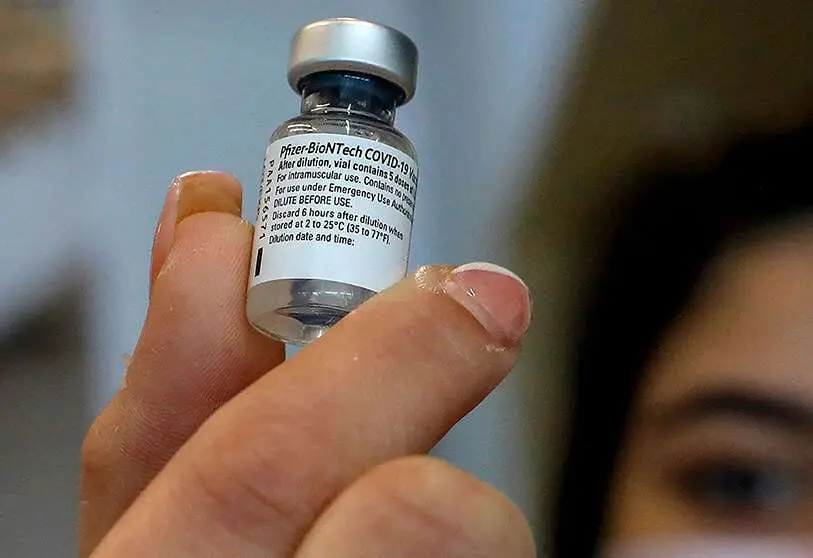The Pfizer-BioNTech vaccine also neutralises the Brazilian variant of COVID-19

According to evidence from research published in The New England Journal of Medicine, the Pfizer and BioNTech vaccine is effective against the new variant of COVID-19 originating in Brazil and known as P.1. The research involved infecting blood taken from vaccinees with a version of the virus designed with the same mutations as the P.1. variant. The scientists reported that the neutralising capacity in the test was roughly equivalent to the vaccine's effect on an earlier, less contagious version of the virus last year.
The World Health Organisation (WHO) argues that the Brazilian variant is probably more infectious as 91% of people infected in northwest Brazil have this same strain of COVID-19. P.1. has a transmission capacity of 1.4 to 2.2 times that of its predecessors and is able to evade the immune system's response by re-infecting between 25% and 61% of people who have already passed SARS-CoV-2, according to a study by the Brazil-UK Centre for the Discovery and Diagnosis of Abroviruses (CADDE).

Notably, the so-called spike, used by the virus to enter human cells, is the primary target of most COVID-19 vaccines. The current juncture of uncertainty is because the mutations carried by these variants change the spike protein, a key structure on the surface of the virus that it uses to enter cells and which is also targeted by the immune system. The mutations have remodelled the spike protein enough that antibodies can't bind well to it, which is what allows the virus to evade immunity generated by previous infections or vaccines, but not so much that the virus can't use the protein to enter our cells.
"To correct or update a vaccine, even if a new variant is more resistant, it must be proven that the vaccine is no longer significantly effective against the new version of the virus," explains Julian Tang, professor of virology at the University of Leicester, UK, in a BBC report. "Viruses have to maintain a certain shape to keep infecting cells. They can't change much more. It's up to the manufacturers to monitor the mutations and decide whether they merit modifying the vaccine," he adds. Pfizer has also announced that it will test a third booster dose to improve its COVID-19 vaccine against new variants.

Another study, also reported in the New England Journal of Medicine, had already demonstrated the efficacy of Pfizer-BioNTech and Moderna injections against a version of the South African variant. However, as reported by Business Insider Spain, one of the laboratory investigations approved by Nature has now found worrying signs that the same vaccines may be less effective against variations of the B.1.351 strain originating in South Africa. According to the findings, the immune response was 12.4 times lower after the Moderna dose and 10.3 times lower for the Pfizer dose. The difference between the first and second studies is that the researchers published in Nature used a real form of the variant, extracted from infected people. This is evidence of the possible contradictory effect that can occur between the results of a vaccine in a clinical trial and its deployment in the real world.

The ability of the Pfizer-BioNTech vaccine to neutralise new strains could bring us closer to the end of the pandemic. Or, at least, it would help buy time to develop new vaccines or booster shots, which is what the drugmaker plans to do. If vaccines were to respond weakly to a real sample of the strain originating in Brazil, the spread of the pandemic would depend on accelerating vaccine production and the pace of vaccination campaigns to achieve herd immunity, with all the generations of vaccines or booster shots needed.







